
views
What is a trauma bond?
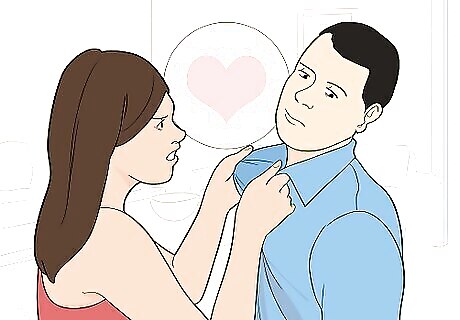
A trauma bond is an emotional connection that forms out of abuse. An abusive relationship is characterized by a cycle of loving behavior and abuse. This creates what psychologists call "intermittent reinforcement" and triggers the victim of the abuse to form an intense emotional connection with the abuser. This connection can be really strong and cause you to focus on the loving behavior over the abusive behavior. Because you're focused on that loving behavior, you might make excuses for your abuser. You might justify their actions because you believe that deep down, they're a good person who loves you. If you experienced a trauma bond in childhood, you could be more likely to get into a trauma-bonded romantic relationship as an adult—particularly if you haven't reflected on and healed from your childhood trauma.
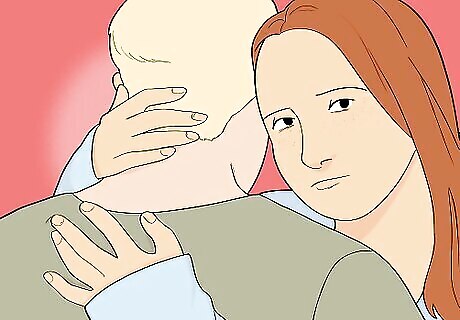
A trauma bond is also an addiction. When a trauma bond is formed, the abusive cycle activates the same parts of your brain as chemical addictions. That's why you can experience physical withdrawal symptoms when you finally leave the relationship. Similar to people with drug addictions, people with trauma bonds minimize the harm that's happening because they believe that the good times (the "highs") are worth it. The intense feelings that go along with a trauma bond also flood your brain with feel-good chemicals, which reinforce your dependency on the person you're trauma-bonded to. This is also part of what makes it so difficult to leave. Signs of a trauma bond include feeling an intense connection, walking on eggshells around your partner, low self-esteem, and neglecting your own needs.
Trauma Bond Withdrawal Symptoms
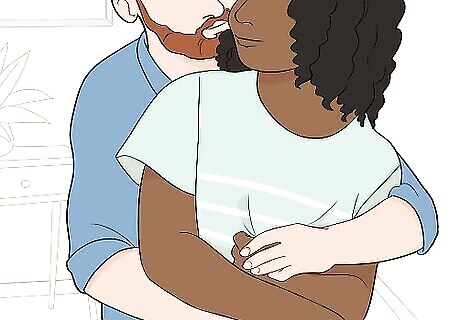
Intense cravings for the person Your brain associates the person you're trauma-bonded to with a flood of feel-good chemicals that are released in your brain. When you're away from that person, you tell yourself that if you could just see them again, you'd feel better. You can even try to convince yourself that it's not as though you want to get back together with them, you just want to see or talk to them one last time. These intense cravings usually happen in the first few days after you leave the person and start to become less intense over time. Your body needs time to adjust and find other sources of those feel-good neurochemicals that you're used to getting from that person.

Emotional pain Part of this pain comes from the fact that you're no longer with someone who you cared about—but that's not all of it. You've also lost a key trigger of those feel-good neurochemicals in your brain and this can cause you to hurt even more than you would after any other breakup. This pain can be really confusing, especially if you feel relieved to be out of the relationship at the same time. Remind yourself that it's normal to feel sad when you lose someone in your life that you were attached to, even if that person was ultimately bad for you.
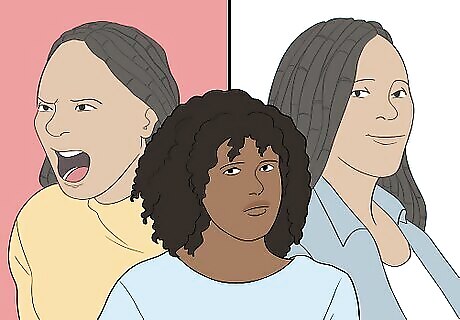
Cognitive dissonance Psychologists use "cognitive dissonance" to refer to the confusion and discomfort you might feel when two things you think you know to be true contradict each other. With a trauma bond, your brain can't reconcile the fact that the person is abusive to you with the fact that they're so loving and caring. Once out of the relationship, you might find yourself favoring the more positive explanation. Cognitive dissonance can be dangerous because you interpret it with "either/or" thinking. Your brain tells you that only one thing can be true and the other must be false. In withdrawal, you lean toward choosing the loving, caring side of your ex as true and the abusive side as false. Combat this by reminding yourself that both things can be true and the good doesn't excuse the bad.

Jealousy and obsession When you're fighting to break a trauma bond, you'll also likely have to resist obsessive, and sometimes intrusive, thoughts about your ex. These thoughts can bring up feelings of jealousy, especially if you can see that your ex has moved on and seems to be living a happy and successful life without you. This compulsive thinking about the relationship can also result in flashbacks of events or moments that happened during the relationship. These flashbacks can be emotionally traumatizing in and of themselves and make you feel as though you'll never escape. Just remind yourself that they're not real and that you're out of that situation and safe now.
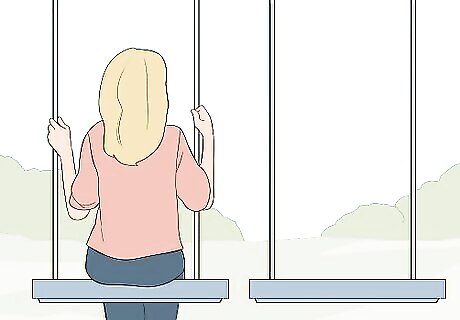
Withdrawal and isolation Trauma bonds often involve the abuser isolating their victim from friends and family who might bring attention to the abuse. But once you're out of that relationship, that isolation might continue because you're afraid of judgment from the people who care about you. You might also withdraw from friends and family because you're embarrassed or ashamed to have been in that situation and don't like the feeling of being seen or treated like a victim.

Anxiety and depression Repeated exposure to trauma can cause your body to release cortisol, a hormone that can cause anxiety and depression. It also damages your immune system, which can lead you to become physically ill as well while you're going through withdrawal from the trauma bond. Feelings of shame can go along with this and make depression even worse. If unchecked, a victim can go down a spiral of self-hate once they realize the truth about the abuse. If you feel this spiral happening to you, it can help to remind yourself that you're not to blame for your ex's actions and you deserve to be treated with love and respect. Don't hesitate to reach out to someone for support if you feel like you're spiraling out of control. Remember—you don't have to deal with this alone.

Appetite and sleep disturbances With your body's hormones and neurochemicals going haywire in the aftermath of a trauma bond, physical withdrawal symptoms are also common. You might find that you can't sleep at all or that you want to sleep all the time. You might not eat for days or you might gorge yourself on junk food. Other physical symptoms can also occur as a result of appetite or sleep disruption. For example, you might feel exhausted and have body aches during the day because you're not getting enough sleep.
Coping with Withdrawal
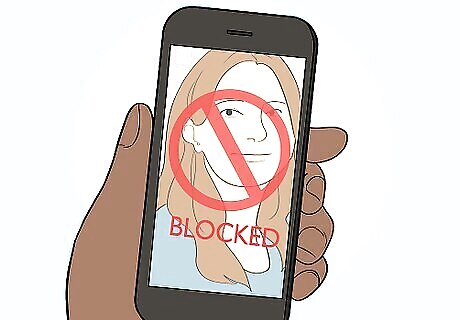
Go complete no-contact with your ex. Your best option is to have no contact with your ex. Block them from your phone, your email, and all social media so that you won't be tempted to talk to them or even look at their accounts. Remember that any time you reach out to them to get your "fix," you're only prolonging your emotional and physical withdrawal. Going no contact also helps ease compulsive or obsessive thoughts. You'll be less likely to think about your ex if you've blocked them on social media and have no way to see them or check up on how they're doing. It can be tough to go from talking to someone every day to not talking to them at all. If it helps, you can tell yourself that you're only going to do this for a month or so, until you've healed from the relationship.
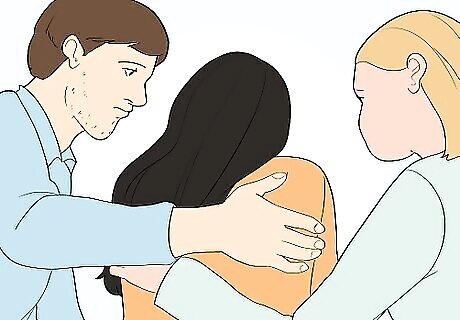
Lean on friends and family for support. As it turns out, the feel-good chemicals that your ex triggered your body to release also have a dark side—they can cause anxiety and depression. The best way to counteract this effect is to nurture relationships with people who love and care for you. They'll also trigger your body to release those same chemicals, and they'll counteract the anxiety-producing ones that were triggered by your ex. Clinical psychologist John Lundin reinforces the idea that it's "important to spend time around people who care about you and whom you trust in order to rebuild your trust in them." It's okay if you feel embarrassed or ashamed to reconnect with your friends and family. That's a normal part of the healing process. Start with one person—they can help support you as you reach out to others.
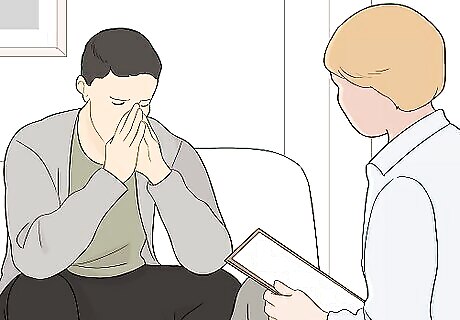
Talk to a therapist. Therapists have a lot of tools and resources that can help you come to terms with the trauma you've experienced and heal so that you can move past it and have healthy relationships in the future. That's not to say that you won't recover from the trauma bond without a therapist, but they can help you reach the next stage in your life more quickly. A therapist can also help you cope with the withdrawal symptoms so that they don't have such a profound effect on your life in the meantime. Make sure you choose a trauma-informed therapist who has experience working with clients who were in a similar situation to you. They'll be best equipped to help you. Clinical psychologist John Lundin notes that to recover your self-esteem after an abusive relationship "often requires treatment from a qualified professional. There are no real shortcuts."

Keep a journal of relationship events. This type of journaling really works best if you start it before you leave the person you're trauma bonded with, but if you've already left that's okay too. The point of this journal is to write down things that happen in your relationship in an objective way, chronicling just the facts of the situation. Later, when you feel the urge to downplay or justify the abuse, you can look back at these accounts to remind yourself what really happened. If you've already left, you can do this when you have flashbacks to the relationship. Write down the facts of exactly what you remember without trying to come up with excuses or defend your ex for acting the way they did. Clinical psychologist Asa Don Brown notes that "journaling encourages healthier and active communication. It encourages personal exploration. It is capable of encouraging problem-solving skills. These skills are capable of providing deeper meaning and insights into our lives."
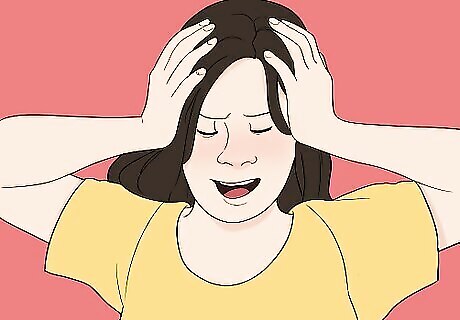
Release and process your emotions. Leaving a trauma-bond relationship results in a lot of intense and complex emotions, some of which contradict each other. Instead of shoving them down or trying to pretend you're okay, allow yourself to sit with your emotions and really feel them. You might try journaling about your feelings as well, as a safe way to express them without worrying about what someone else might think. For example, if you're feeling sad, you might acknowledge to yourself that you're feeling sad and that it's perfectly okay to feel that way. You might say to yourself, "Right now I'm feeling sad and I miss my ex. It's okay for me to feel that way, even though they hurt me."

Set clear boundaries. One of the most common characteristics of a trauma-bond relationship is the absence of boundaries. Your ex likely violated your boundaries continually or made you feel guilty for having them. They might've told you that setting boundaries or limits must mean you don't love them. Even after you leave, you might still have the tendency to abandon your boundaries if they inconvenience someone else, but that tendency won't lead to healthy relationships. Clinical psychologist Asa Don Brown notes that "boundaries are important because they identify your wishes, likes and dislikes, and what you perceive to be healthy and unhealthy behavior." Brown advises that "as you are discussing your desires, voice each message with an 'I-statement.' Refrain from using language that is accusatory [or] suggests that they are to blame for the boundary."

Practice self-care. Keep your mind focused on the present and care for yourself with intention. This could include eating healthy foods, exercising, maintaining good sleep hygiene, and avoiding alcohol or recreational drugs. Doing these things can help drastically reduce the physical withdrawal symptoms you experience. Part of practicing self-care is looking for other things you can do (and people you can hang out with) that will trigger a release of the same feel-good chemicals your ex did. For example, you might get joy from going for a nature walk, reading a book, or taking a painting class. Finding different ways to get a feel-good chemical boost will help your mind and body restore a natural balance of those chemicals so that your withdrawal symptoms subside.
How long does it take to heal?
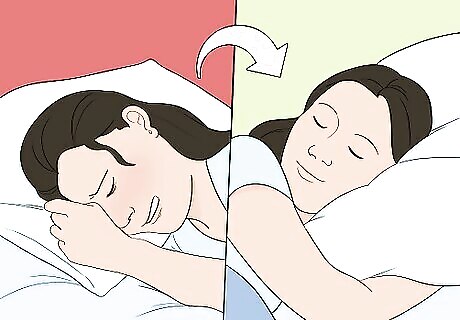
Expect your symptoms to lessen over weeks or months. As long as you don't have any contact with your ex, your symptoms will start to lessen and continue to get better every day. If you get back into contact with them, however, you're likely to prolong the negative feelings you experience. The length of time it takes you to break that bond and get on with your life depends on a lot of different factors, including the length and intensity of the relationship. It also depends on the kind of support and resources you have around you. Getting out of this kind of situation can be extremely difficult, so don't be too hard on yourself if you end up going back. Studies show it takes 7-9 attempts, on average, to successfully escape an abusive relationship. Clinical psychologist Asa Don Brown notes that "moving beyond a traumatic event may take time, but the good news is, you can heal from a traumatic experience. Traumatic events do not have to consume your person or your life. Trauma does not have to resonate off of your lips with every conversation."



















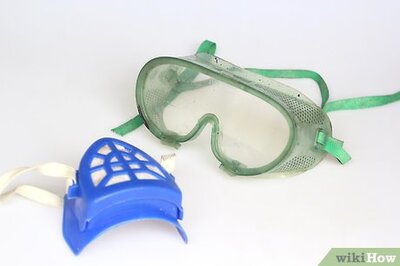
Comments
0 comment